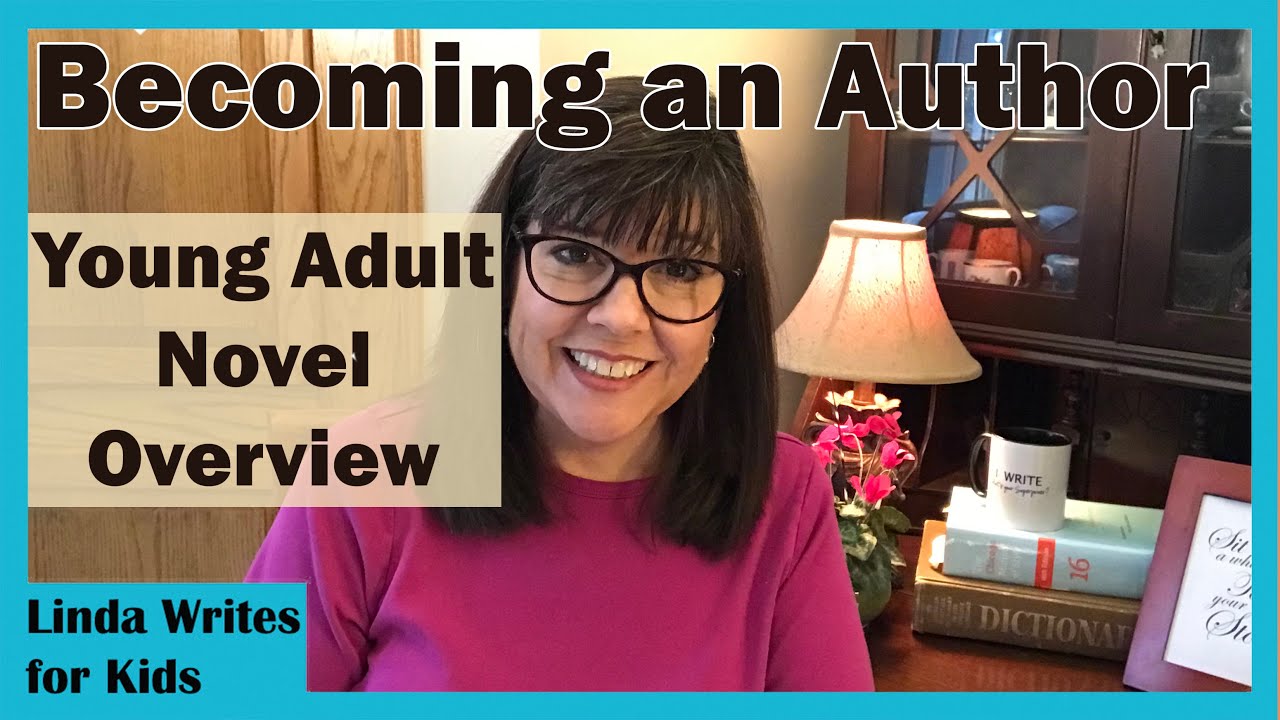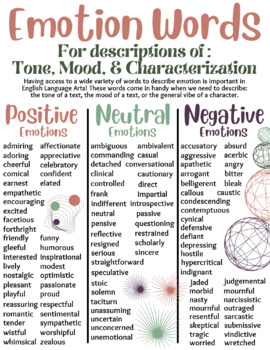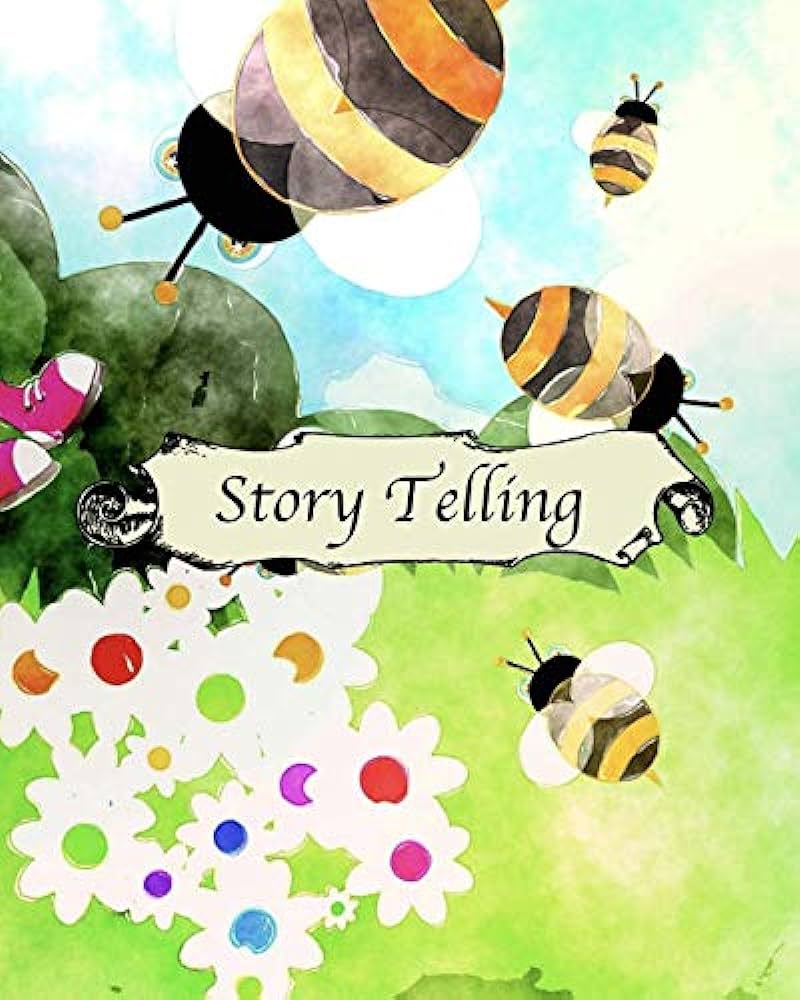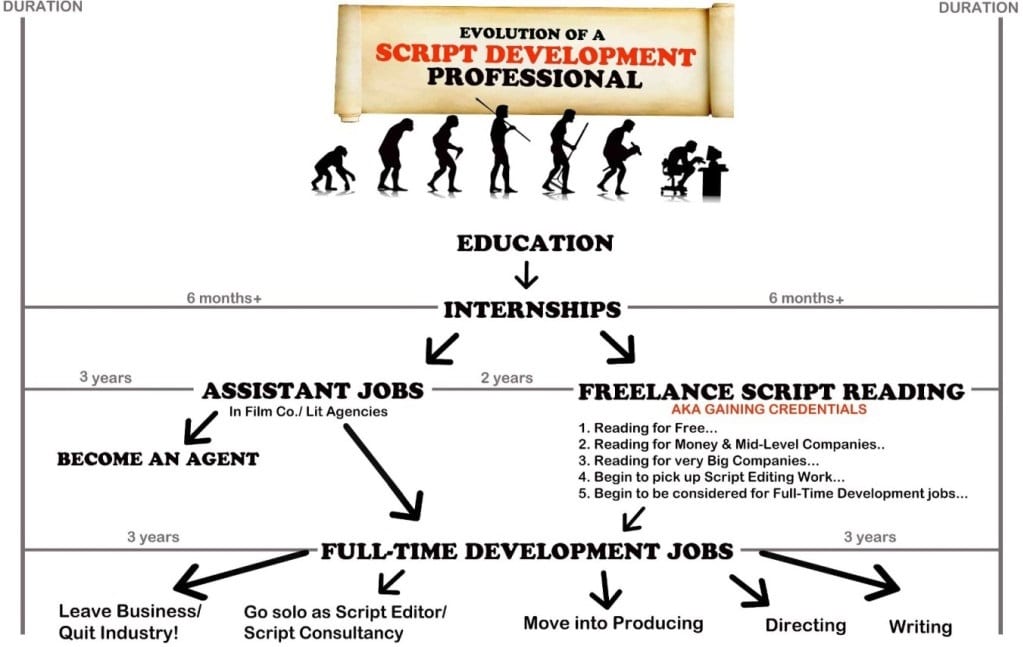Unlock Your Story: Writing for Children and Young Adults
Are you passionate about crafting stories that will captivate the hearts and minds of children and young adults? If so, you’ve come to the right place! In this blog post, we will explore the exciting realm of writing for young audiences and provide valuable insights to help you unlock your storytelling potential. Whether you’re an aspiring children’s author or an experienced writer looking to delve into this genre, we have you covered.
1. Understand Your Audience
Writing for children and young adults requires a deep understanding of their age group and interests. Consider their developmental stage, reading abilities, and preferred genres. Be aware of current trends and themes popular among young readers. By tailoring your content to resonate with your target audience, you can create engaging stories that capture their imagination.
2. Embrace Imagination and Creativity
Young minds are fertile ground for imaginative adventures. Encourage creativity in your writing by incorporating fantastical elements, magical creatures, or otherworldly settings. Children and young adults love to escape into stories that transport them to new and exciting worlds. Embrace your own imagination while crafting your narrative, and don’t be afraid to think outside the box.
3. Develop Relatable Characters
Creating relatable characters is paramount in children’s and young adult literature. Craft protagonists that young readers can connect with emotionally. Develop characters who face relatable challenges and grow throughout the story. Showcasing diverse backgrounds and perspectives will help readers find characters they can identify with, fostering inclusivity and empathy.
4. Write Engaging Plots
Compelling plots are the backbone of any great story. Children and young adults crave excitement and adventure. Structure your plot in a way that maintains a steady pacing and keeps readers eager to turn the pages. Include surprises, twists, and conflict resolution to keep the story engaging from beginning to end.
5. Incorporate Themes with Depth
While entertaining children and young adults is crucial, don’t underestimate their capacity for understanding complex themes. Explore topics such as friendship, family, identity, resilience, and social issues within your story. Tackling deeper subjects can not only engage readers on a more intellectual level but also provide valuable insights and lessons.
6. Balance Dialogue and Descriptions
Children and young adults appreciate a good balance between dialogue and descriptive passages. Dialogue allows readers to connect with characters through their interactions, while descriptive writing helps create vivid imagery. Find the right blend that keeps the story dynamic and engaging without overwhelming or boring the readers.
7. Edit and Revise
The key to polished writing is diligent editing and revising. Once you’ve completed your initial draft, take the time to revisit your work. Refine your sentences, eliminate unnecessary words, and ensure your writing flows smoothly. Consider seeking feedback from beta readers or joining a writing critique group to gain valuable insights and perspectives.
8. Embrace Feedback and Learn from Existing Works
Take advantage of the wealth of knowledge available in the world of children’s and young adult literature. Read widely within the genre to gain an understanding of successful storytelling techniques. Analyze popular books and critically examine what works and why. Additionally, seek feedback from your target audience or educators to understand their preferences and expectations.
9. Stay Up to Date with the Industry
The publishing landscape is ever-evolving, and it’s essential to stay informed on industry trends and best practices. Follow literary agents, publishers, and influential authors on social media. Attend conferences, workshops, and webinars to stay connected and learn from industry professionals. Building relationships and networking in the community can open doors to publishing opportunities.
10. Persist and Never Give Up
Writing for children and young adults is a rewarding but challenging journey. Rejections may come, and it may take time to find the right literary agent or publisher. However, persistence is key. Keep honing your craft, seeking feedback, and revising your work. Stay passionate, stay dedicated, and never give up on your storytelling dreams.
Now that you’ve unlocked the door to writing for children and young adults, let your imagination soar and your stories shine. Remember, every child deserves a book that truly captures their heart and leaves an indelible mark on their soul. Start your writing adventure today and give the next generation of readers the gift of storytelling they’ll cherish for a lifetime.











